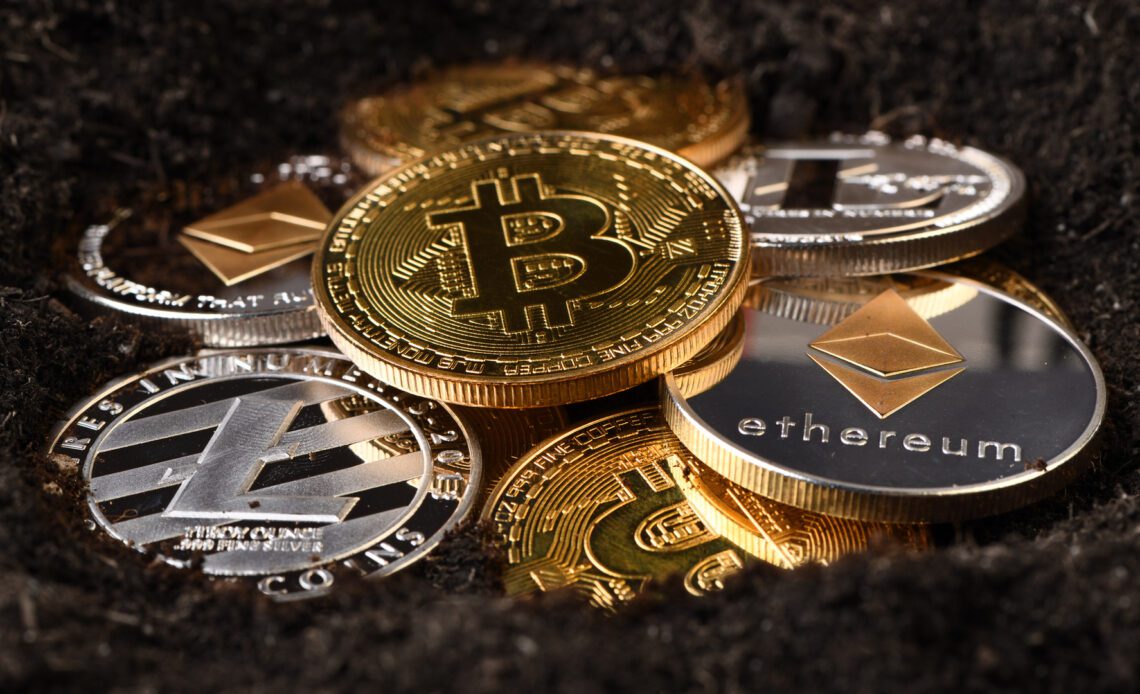The criminal trial of Sam Bankman-Fried (SBF), the founder of collapsed crypto exchange FTX, started on Oct. 14, following the implosion of the firm — an implosion which caused billions of dollars in losses to investors. SBF is facing seven federal charges. FTX, which “was regarded as one of the most respected and innovative companies in the crypto industry,” according to its bankruptcy filing, filed (along with its more than 130 subsidiaries) for Chapter 11 bankruptcy on Nov. 14, 2022.
See: ChatGPT Was Given $20K To Invest In Stocks and Crypto — Here’s How It Made $2,000 in a Month
Find: 3 Things You Must Do When Your Savings Reach $50,000
The company’s demise has had enormous ripple effects on the crypto industry, decreasing confidence in the space and making investors shy away from crypto assets.
“One year ago it looked like SBF was on top of the world,” assistant U.S. Attorney Thane Rehn said in his opening remarks, Axios reported. “He had wealth, power and influence — all of it was built on lies.”
If you’re still trading crypto, experts are now advising how you should go about it, offering some tips for safely navigating the space in the aftermath of the FTX incident.
Understand Centralized vs. Decentralized Exchanges, Holding Hard Crypto Wallets
FTX’s demise reignited the DeFi (decentralized finance) versus CeFi (centralized finance) crypto debate, with many experts arguing that DeFi is better at providing transparency and auditability, especially given news that other CeFi lenders — Celsius and Voyager — also went bust.
“One lesson from the FTX collapse is that there is a big difference between centralized and decentralized crypto exchanges,” said Thomas Hogan, economist for the American Institute for Economic Research.
Centralized exchanges are just traditional financial companies that trade crypto assets, and in turn, they can fail from taking too much risk or even from defrauding their investors as FTX did, he said.
“In contrast, decentralized exchanges built on blockchain technology can be built to be fully transparent, fully backed by reserves, and allow zero leverage,” he added.
A key point that the FTX implosion drove home is the importance of using centralized exchanges only in the most necessary cases, experts suggest.
“If you’re a…
Click Here to Read the Full Original Article at Cryptocurrencies Feed…
























